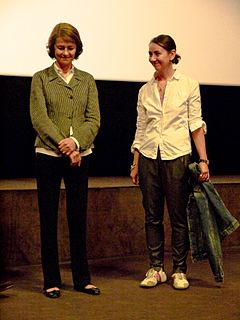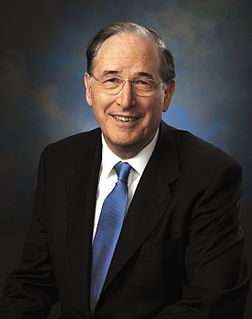A Quote by Myles Munroe
When you get before great people you don't talk a lot, you ask questions
Related Quotes
Every night I get many letters, and after every talk I get many questions from people who say, "I want to change things. What can I do?" I never hear these questions from peasants in southern Colombia or Kurds in southeastern Turkey under miserable repression or anybody who is suffering. They don't ask what they can do; they tell you what they're doing.
Every time you get into a new job, new location, you have an amazing opportunity in front of you. You get to play dumb for as long as people will allow you to play dumb. You get to ask all the dumb questions, you get to ask multiple people the dumb questions, and you get to make mistakes. Thats how you stand out in the crowd.
Every time you get into a new job, new location, you have an amazing opportunity in front of you. You get to play dumb for as long as people will allow you to play dumb. You get to ask all the dumb questions, you get to ask multiple people the dumb questions, and you get to make mistakes. That's how you stand out in the crowd.
A lot of my books deal with very controversial issues that most people often don't want to talk about, issues that, in my country, are more likely to get put under the carpet than get discussed. And when you talk about moral conundrums, about shades of gray, what you're doing is asking the people who want the world to be black and white to realize instead that maybe it's all right if it isn't. I know you'll learn something picking up my books, but my goal as a writer is not to teach you but to make you ask more questions.
I don't like the way most people think. It's imprecise. I find that when parents ask me questions, they ask very imprecise questions. They say, "My kid has behavioral problems at school." Well, I have to say, "What kind of problems? Is he hitting? Is he rude? Does he rock in class?" I need to narrow questions to specifics. I am very pragmatic and intellectual, not emotional. I do get great satisfaction when a parent says, "I read your book, and it really helped me."
When people ask me what philosophy is, I say philosophy is what you do when
you don't know what the right questions are yet. Once you get the questions
right, then you go answer them, and that's typically not philosophy, that's
one science or another. Anywhere in life where you find that people aren't
quite sure what the right questions to ask are, what they're doing, then,
is philosophy.
Whenever I'm giving talks, I always ask people to think of the most obscure questions because I enjoy those the most. I always get the same questions: Why does Pickwick say "plock" and will there be a movie? I like the really obscure questions because there's so much in the books. There are tons and tons of references and I like when people get the little ones and ask me about them. It's good for the audience [and also] they realize there's more there.





































